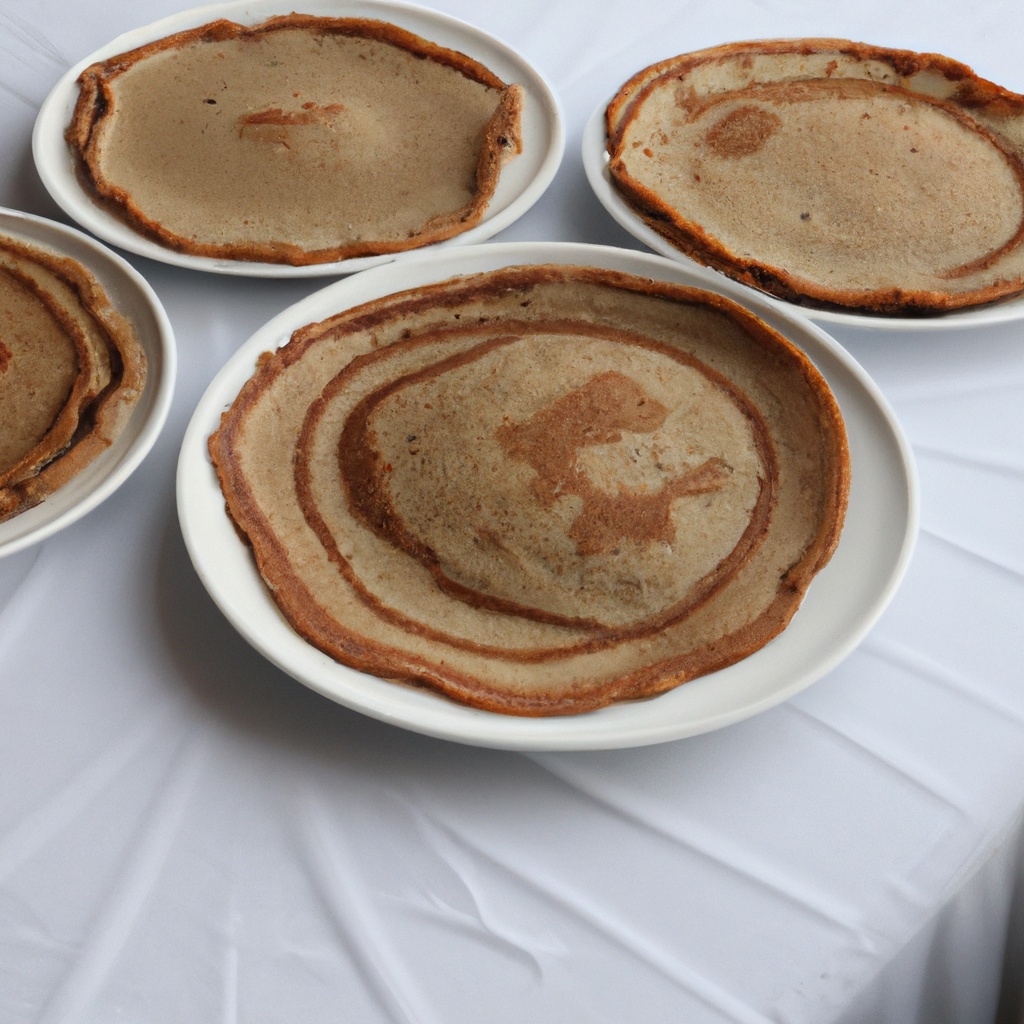PROS
Ethiopian pancakes are easy and quick to make, requiring only a few ingredients.
These pancakes are light and airy, making them perfect for breakfast, brunch, or afternoon tea.
Our modern twist includes using a non-stick skillet, making them healthier and more convenient to cook.
CONS
The pancakes need time to rest and cannot be cooked immediately after mixing the batter.
They also require a warm and moist environment to rest in to allow the batter to ferment properly.
This recipe may produce a sour taste or smell due to the fermentation process.
HEALTH & BENEFITS
Traditional Ethiopian pancakes are made from teff flour, which is high in protein, fiber, and gluten-free. Teff is packed with essential minerals such as calcium, iron, and potassium, making it a great source of energy. The fermentation process also enhances the nutritional value by increasing the levels of Vitamin B and other beneficial compounds.



/rating_off.png)
Leave a Reply